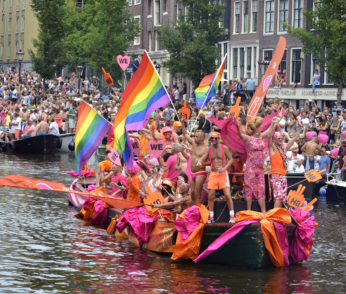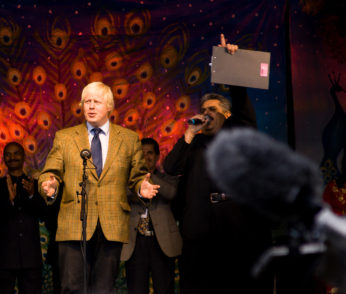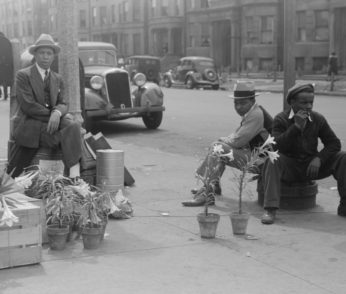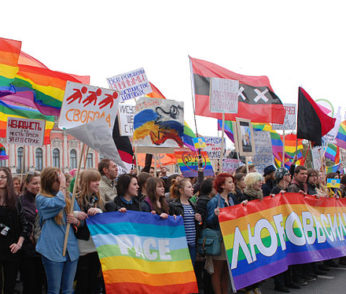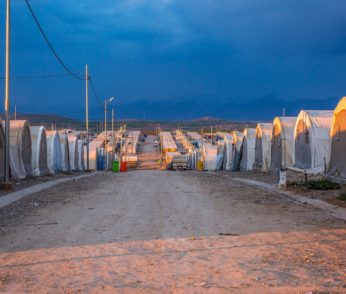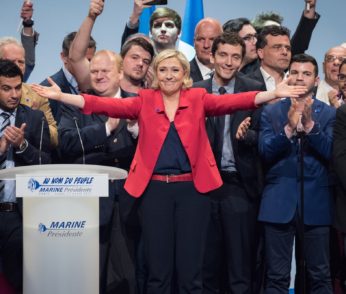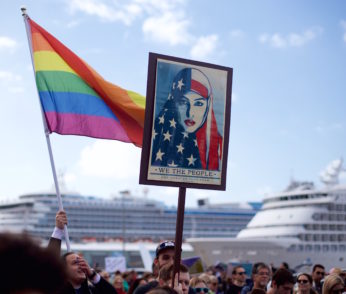By Sarah French Brennan
Aziz is from Kabul in Afghanistan. His boyfriend was murdered by his own family in early 2014. They threatened to kill Aziz too, so he fled. After he arrived at an asylum camp in the Netherlands, the family beat his mother and siblings. He sought asylum claiming he was in fear of his life, but the Dutch authorities rejected the application.

